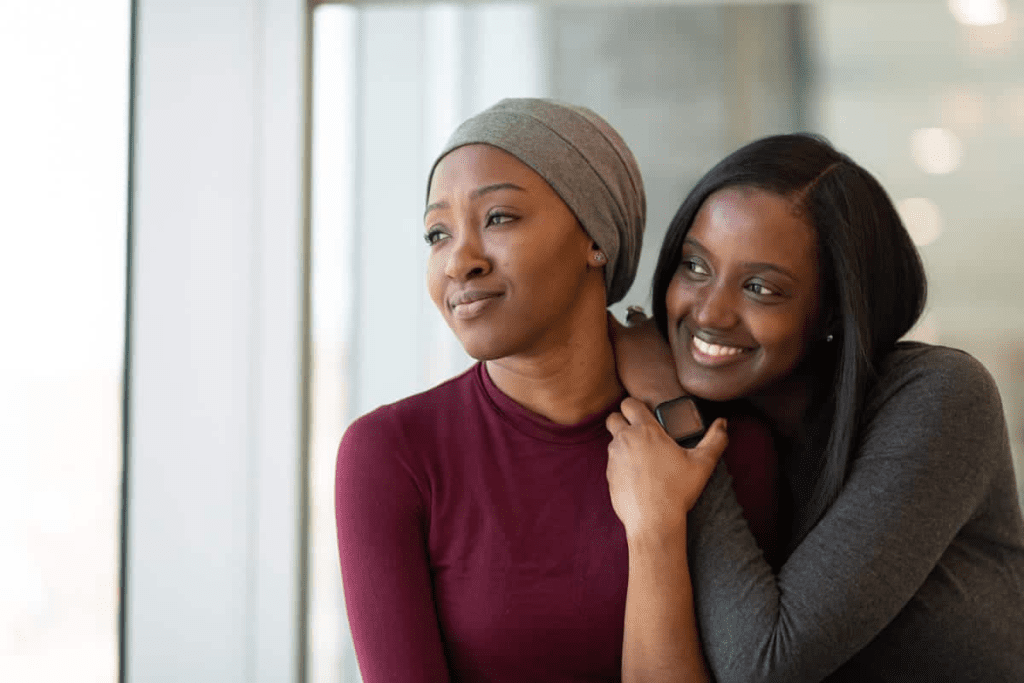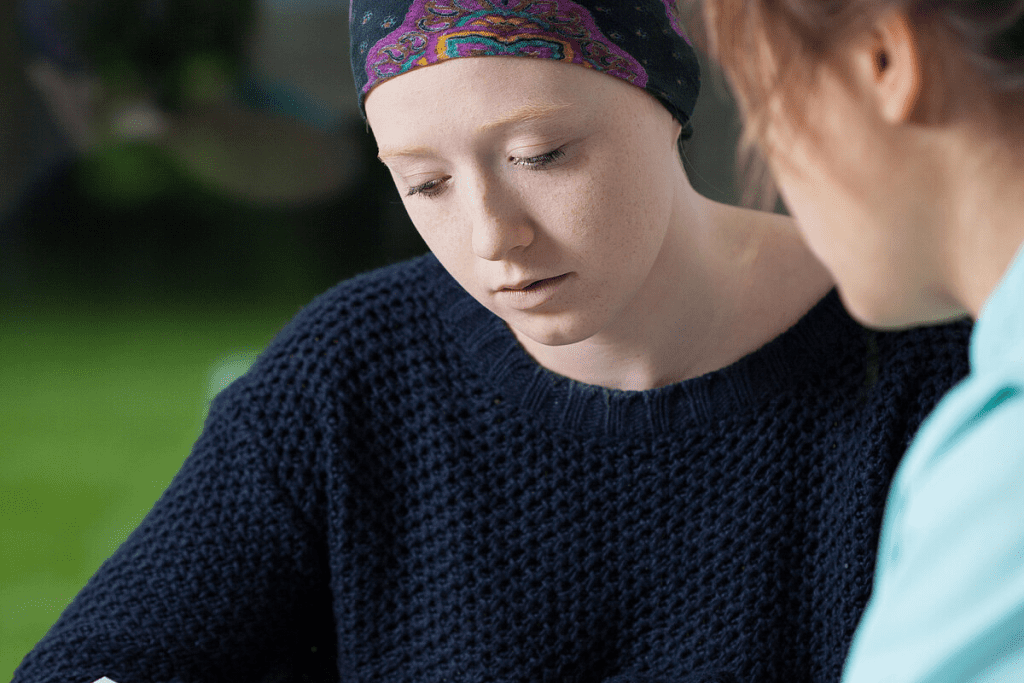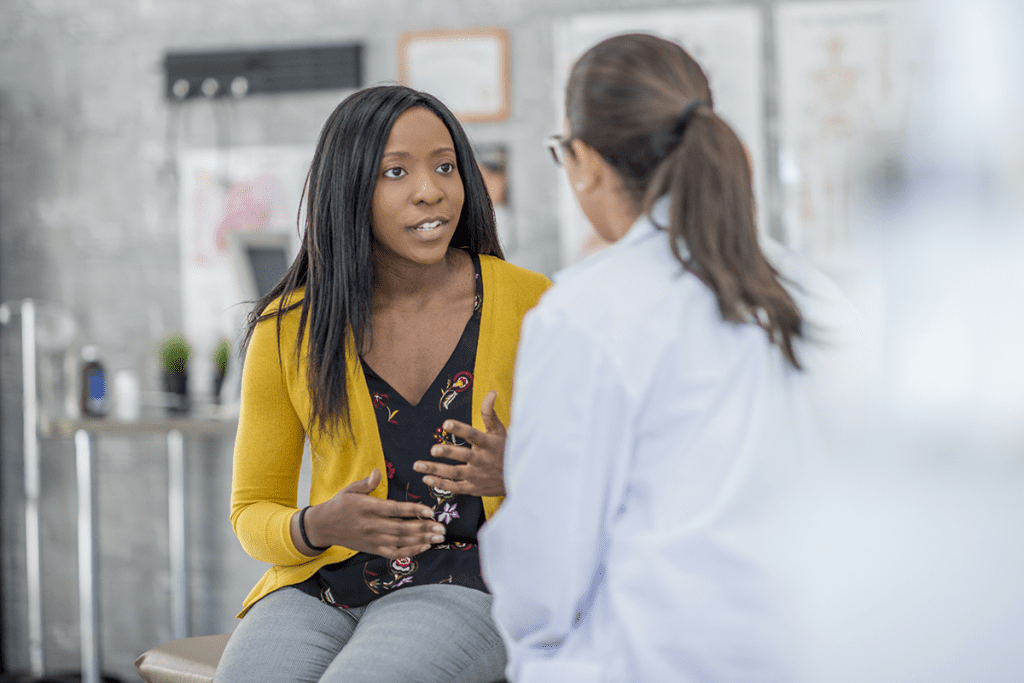Last Updated on November 13, 2025 by

Surviving childhood cancer is a big win, but it’s just the start. Many survivors face persistent and serious health challenges that need ongoing care. They need medical help and support for their whole lives. How does childhood cancer affect adulthood? Explore the unfortunate reality of physical and psychological late effects. Get powerful resources for support.
Studies show that 60-90% of childhood cancer survivors get at least one chronic health issue. The long-term effects of treatments like chemotherapy can really hurt their lives. These effects can affect many parts of their lives as they grow into adulthood.
We need to know these effects to give them the best care. By understanding the risks and challenges they face, we can help them get the support they need.
Growing up with cancer can have lasting effects on survivors as they navigate adulthood. They face unique challenges. These challenges impact their transition into adult life.
Medical treatments have improved, raising survival rates for childhood cancer patients. Studies show that more childhood cancer survivors are reaching adulthood. By 2030, one in every 530 young adults will be a survivor of childhood cancer, as reported in a study on the psychological effects of childhood.
These survivors are at higher risk for chronic health conditions. This includes cardiovascular disease and secondary malignancies. They need ongoing medical care and monitoring.

Childhood cancer survivors face challenges when moving from pediatric to adult care. This shift is daunting. It involves moving from a family-centred pediatric model to an independent adult healthcare system.
Creating a care plan that addresses their specific needs is key. Healthcare providers must educate and support survivors and their families during this transition.
Childhood cancer survivors often face a multiple condition burden. They deal with chronic conditions and psychological challenges. These can include heart disease, diabetes, secondary cancers, anxiety, and depression.
A holistic approach to care is essential. It addresses both physical and psychological needs. This can improve their long-term outcomes and help them navigate adulthood successfully.

Surviving childhood cancer is just the start. Many survivors face big physical health challenges as adults. We’ll look at how childhood cancer affects physical health in adulthood, focusing on heart health and the risk of new cancers.
Childhood cancer survivors face a higher risk of heart problems. Cardiovascular diseases can include heart failure and coronary artery disease. Studies show they are more likely to have heart issues, making ongoing heart checks important.
A study on NCBI found that treatment type and dose, plus radiation, play big roles in this risk.
Survivors also worry about getting new cancers from their treatment. Secondary cancers can come from chemotherapy and radiation. The risk depends on the first treatment.
It’s key for survivors to know this risk and get regular check-ups from their doctors.
Surviving childhood cancer is just the beginning. Survivors face many challenges as they grow into adulthood. The treatments that saved their lives can also cause lasting health problems.
Cancer treatments, like radiation and surgery, have greatly improved survival rates. Yet, they can have long-lasting consequences on survivors’ health. It’s important to understand these effects to offer the best care.
Radiation therapy is a common treatment for childhood cancer. It’s effective but can cause long-term health issues. For example, it can raise the risk of secondary malignancies later in life.
Survivors who had radiation therapy are at higher risk for chronic side effects. These can include thyroid problems and infertility. The severity depends on the dose and where the radiation was applied.
Surgery is often needed to diagnose and treat childhood cancer. While it can save lives, it can also lead to long-term health issues. For example, removing organs or tissues can cause chronic health problems.
Survivors who have had brain or central nervous system surgery may face cognitive or neurological issues. Surgery can also lead to chronic pain or discomfort, affecting their quality of life.
Chemotherapy, another key treatment, can also have lasting effects. It can impact growth and development in children, leading to stunted growth or delayed puberty. There’s also evidence that it can accelerate aging, raising questions about premature aging due to chemotherapy.
It’s vital to understand these long-term effects to help survivors. By acknowledging the chronic side effects of cancer treatments, we can improve their quality of life.
Childhood cancer survivors face big challenges when they grow up. They might see their thinking skills and brain health decline. This can really affect their happiness and quality.
Many survivors struggle with thinking problems. These issues come from their cancer treatment. Some treatments, like certain chemo and radiation, can harm their brains long-term.
These thinking problems can show up in many ways. Survivors might have trouble remembering things, focusing, or thinking quickly. These issues can make everyday tasks hard and lower their happiness.
Survivors’ brain and thinking challenges can also hurt their love lives. The stress of these problems, along with emotional and mental health issues, can change how they connect with others.
Some common problems include:
These issues can make it tough to keep relationships strong. It’s important for loved ones and doctors to offer support.
Understanding the brain and thinking challenges of survivors is key. We need to give them the right medical care, emotional support, and resources. This helps them deal with the tough parts of living after cancer.
As childhood cancer survivors grow up, they face big challenges in reproductive health. These issues affect their ability to plan a family. The treatments they had can harm their reproductive health for a long time. It’s key to address these issues to support them fully.
Fertility preservation is very important for childhood cancer survivors. New medical technologies offer ways to save fertility, even when cancer treatments harm reproductive organs.
Some fertility preservation methods include:
It’s vital for survivors to talk to their doctors about these options. This helps find the best choice for their situation and treatment type.
Survivors need to know their reproductive health can be affected in many ways. Guidance on reproductive health and family planning is key to making good decisions about their future.
Here are important points to remember:
Children who survive cancer face a higher risk of dying early and living a shorter life. The long-term effects of treatments like chemotherapy and radiation can harm their health and survival chances.
Research shows that kids who beat cancer are more likely to die than others. They face a higher risk of dying from new cancers, heart problems, and other health issues linked to their treatment.
Key statistical findings include:
The side effects of long-term chemotherapy are a big concern. They can cause chronic health issues that shorten life expectancy. For example, some chemotherapy can damage the heart, raising the risk of heart disease in survivors.
Also, the question of whether chemotherapy ages you is important. It can lead to premature aging and various late effects that harm health and well-being.
It’s vital to understand these statistics and the reasons behind them to care for childhood cancer survivors well. By recognizing the long-term risks and effects of cancer treatment, healthcare providers can work to improve life expectancy and quality of life for these kids.
Childhood cancer survivors face many challenges as they grow up. They need care that covers all their health needs. Studies show that a team approach is key to better long-term health.
We should create care plans that include heart health checks, watching for new cancers, and help with reproductive issues. This way, we can lessen the bad effects of cancer treatments. It will also improve their quality.
Research and clinical practice should aim to improve these care plans. We need to find new ways to meet the special needs of survivors as they become adults. Together, we can make sure they get the care they need to do well.
Kids who had chemotherapy for cancer might have ongoing health problems. These include heart issues, new cancers, and brain problems. It can also affect their ability to have kids and how long they live.
Chemotherapy might slow down growth in young kids. It can affect their growth hormone levels and overall development. It’s important to keep an eye on their growth over time.
Yes, survivors might have brain and memory problems. They might also struggle with close relationships. The severity of these issues depends on the treatment they received.
Survivors might have trouble getting pregnant or having kids. This is because cancer treatment can harm their reproductive system. Freezing eggs or sperm before treatment is an option.
Survivors might live shorter lives and face higher risks of dying early. This is because of the lasting effects of treatment, like new cancers and heart problems. The stats show a higher risk of dying young.
Radiation can lead to serious long-term health issues. These include new cancers, heart disease, and other chronic conditions. It can also affect growth and fertility.
We need a team approach to care for survivors. This includes ongoing monitoring and support services. It helps manage the lasting effects of treatment and improves health.
Chemotherapy can make you age faster. Long-term effects include chronic health issues, brain problems, and shorter life expectancy. How much it affects aging depends on the treatment.
Long-term chemotherapy can cause many side effects. These include heart problems, new cancers, brain issues, and fertility problems. The specific effects depend on the type and length of treatment.
Subscribe to our e-newsletter to stay informed about the latest innovations in the world of health and exclusive offers!